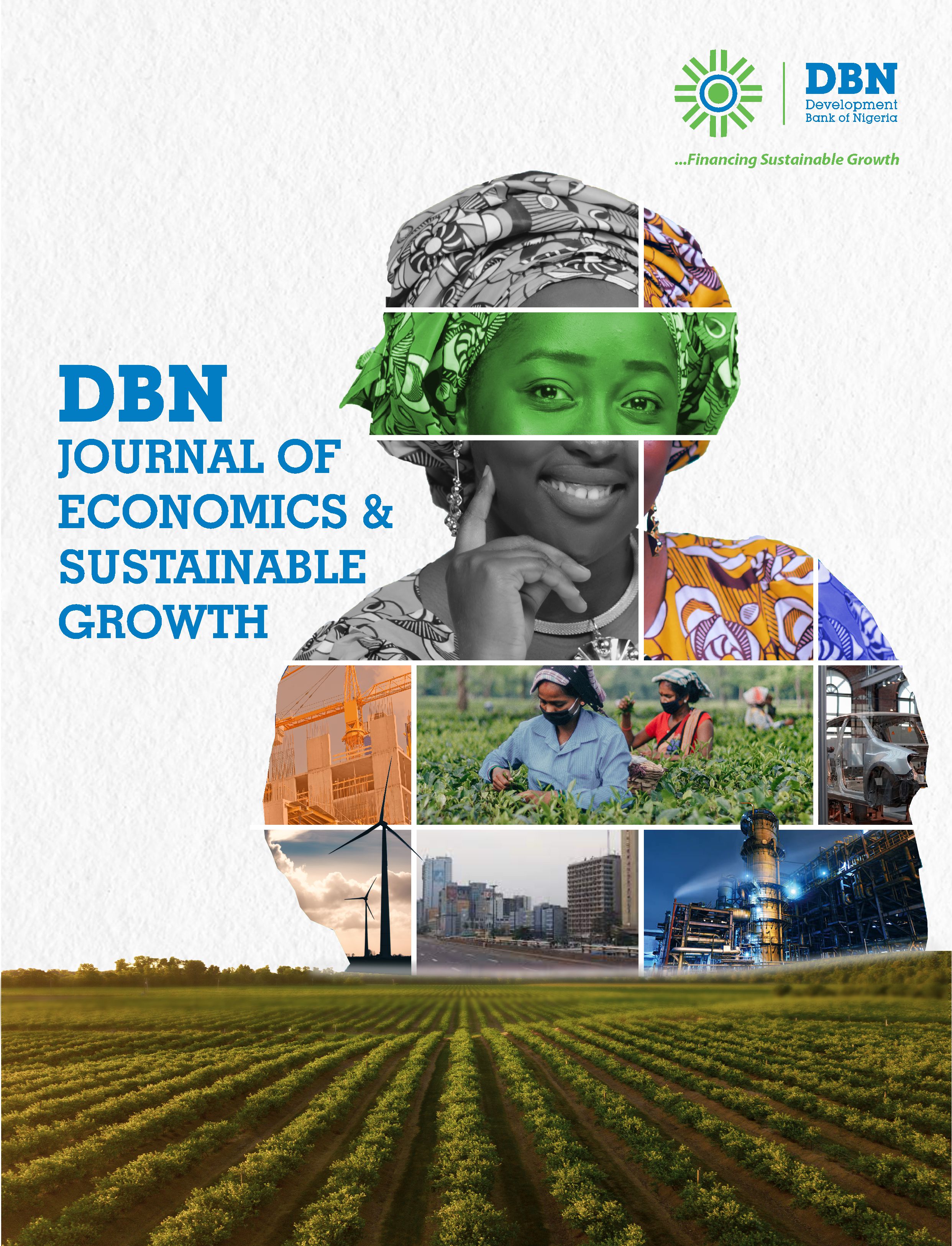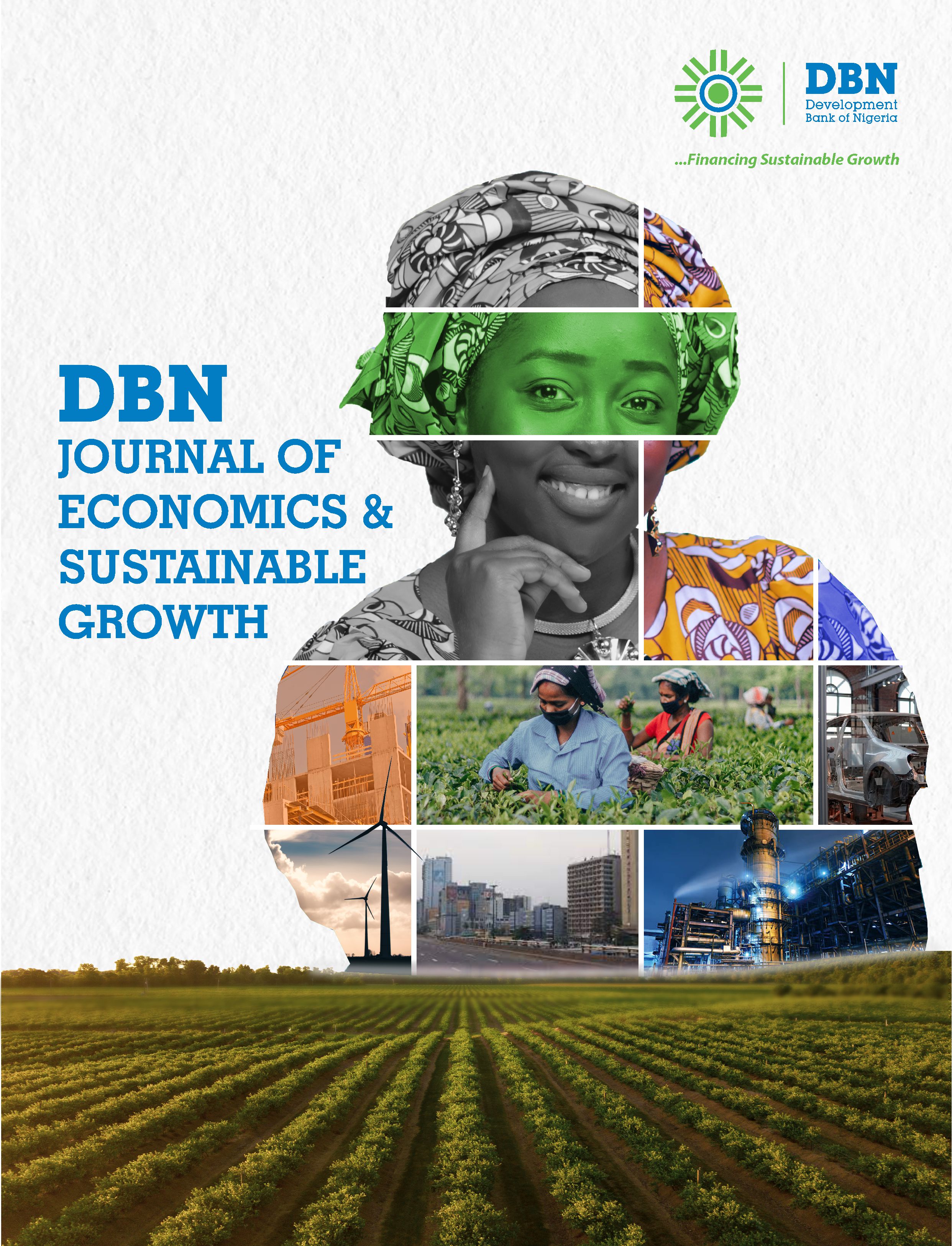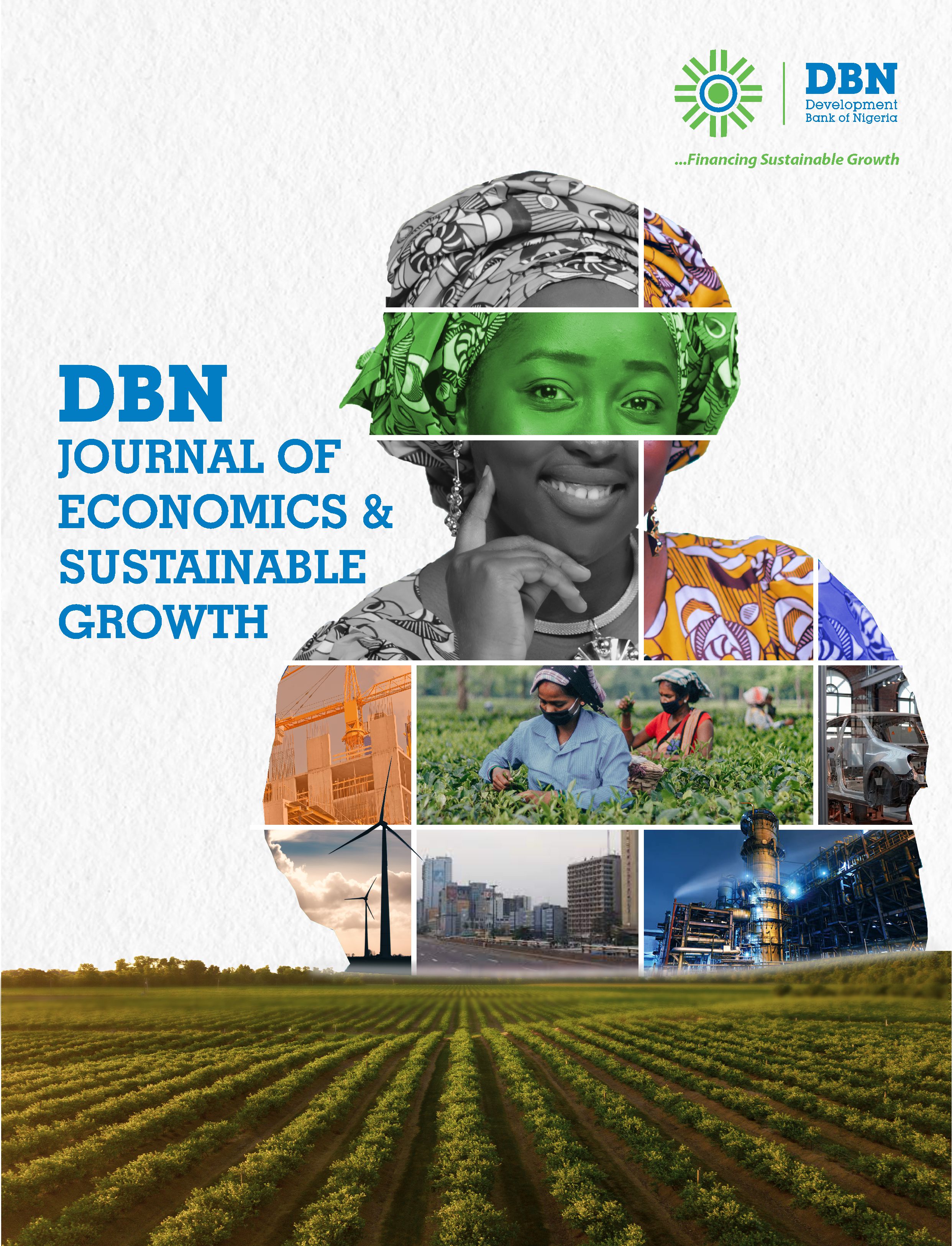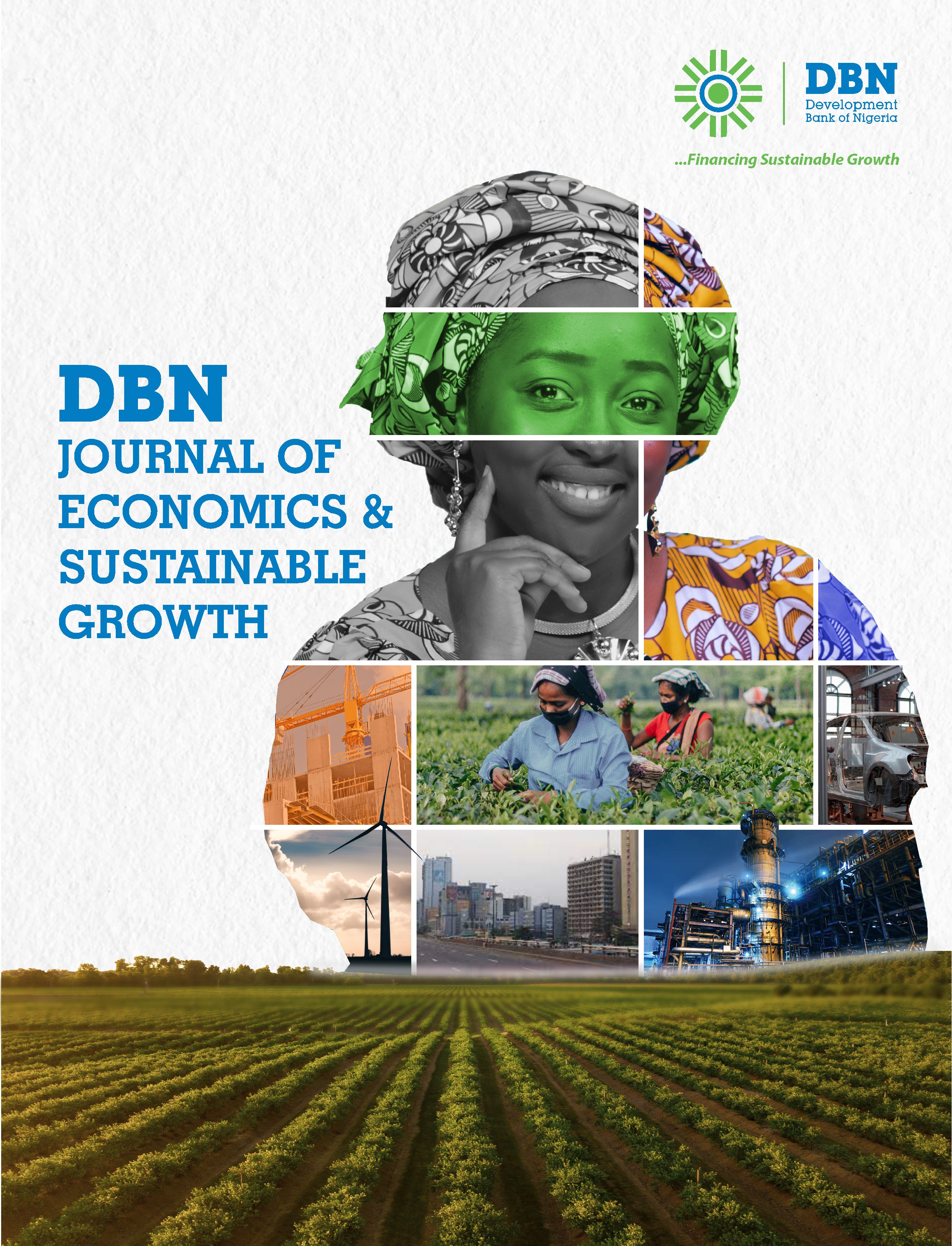
Publication Information
Published by: Admin
Published: 2 years ago
View: 336
Pages: 47
ISBN:
Abstract
International trade has broadened possible opportunities available to countries for upgrading economic activities, including the development of manufacturing. Nigeria, since the mid-1980s began implementing liberal trade reforms, and by 2008 adopted significantly the ECOWAS Common External Tariff (CET) thus, simplifying the tariff structure and improving the transparency and predictability of country’s trade policies. These have significantly exposed manufacturing activities to the international market. Nonetheless, performance of the sector has been short of expectation. Using firm-level data collected for the manufacturing sector in Nigeria we construct a pseudo-panel data set to analyze the effects of trade liberalization on productivity of firms in the Foods, Beverages and Tobacco, Non-metallic Mineral Products and Woods, Wood Products and Furniture sub-sectors. The results obtained are indicative of the position that whereas the import aspect of trade liberalization impedes productivity of firms across more sub-sectors, the exports component enhances productivity of firms in all the sub-sectors examined in the industry. Hence, measures aimed at encouraging exports would be relatively more effective in improving productivity.
Related Publications


VOLUME 2 ISSUE 1 2019
Macroeconomic Determinants Of Solid Mineral Export Price In Nigeria, 1981-2017 2

VOLUME 2 ISSUE 1 2019
Energy Efficiency In Small And Medium Scale Enterprises (Smes) And Economic Growth In Nigeria
